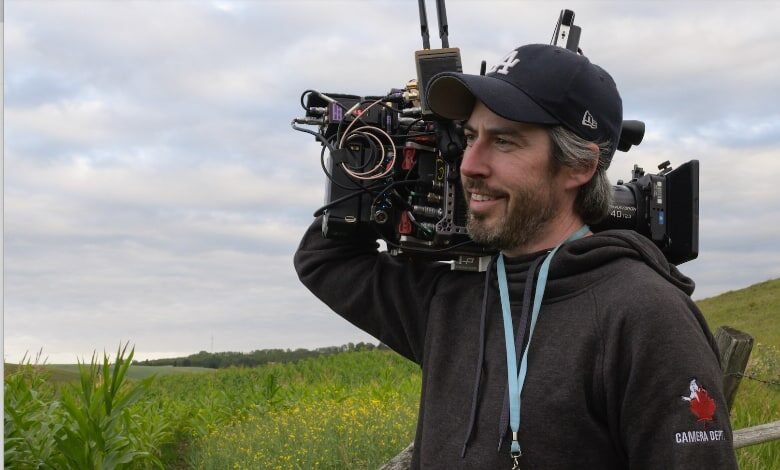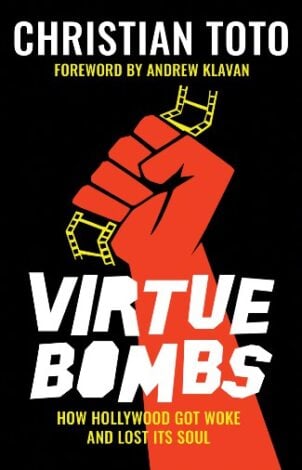‘Ghostbusters: Afterlife’ Avoids Woke Lectures, Scores Big at Box Office
Jason Reitman's fan-friendly sequel powered by family ties, '80s nostalgia

Now, that wasn’t so hard, was it?
The 2016 “Ghostbusters” reboot did everything it could to alienate the fans who cherished the property. The film wound up costing its studio, Sony, a reported $70 million.
The new sequel, “Ghostbusters: Afterlife,” does everything possible to connect with the franchise’s fan base. And it just wildly over-performed at the box office.
httpv://www.youtube.com/watch?v=ahZFCF–uRY&t=2s
Deadline notes the film earned $44 million over the weekend and “blew up in the heartland.”
The 2016 film earned $2 million more during its opening weekend. It had the benefit of a mid-summer release, when teens and pre-teens are out of school. Plus, it opened years before a pandemic coaxed some movie goers to wait until films hit streaming services.
“Afterlife’s” release date also got bumped several times due to that pandemic, switches that likely hurt similarly juggled titles like “No Time to Die” and “Black Widow.”
Box office analysts estimated “Afterlife,” which features members of the 1984 film in their iconic roles, would generate roughly $30-35 million. Sony predicted a $28 million box office haul.
What changed?
Sony licked its sizable wounds, hired the son of the original film’s director, Ivan Reitman, to steer the ship back to safer waters. Director Jason Reitman, who also co-wrote “Afterlife,” spent the last year-plus acknowledging the film’s fan base.
Ghostbusters: Afterlife director Jason Reitman talks about balancing the needs of fan service in his sequel, working with his father Ivan Reitman on the film, how Josh Gad came to be cast as the voice of Muncher, and more: https://t.co/lAveATREHN pic.twitter.com/PNFp9gli5l
— IGN (@IGN) November 14, 2021
No insults, just messages suggesting his film would right the wrongs committed by the 2016 edition. In fact, “Afterlife” completely ignores that reboot, connecting directly to the saga’s mythos.
What went wrong the last time? Well, to be frank, almost everything.
RELATED: Jones’ ‘Ghostbusters’ Rant is Pure Ingratitude
The stars, director and a key Sony executive lashed out at those disappointed the original cast got bumped for four female “Ghostbusters.” The press weighed in next, suggesting anyone not on board with the all-female reboot was a misogynist. (Something similar happened mere weeks ago when the press cheered on Marvel’s woke “Eternals” despite its modest box office results.
The film’s first trailer got digitally booed on YouTube, drawing ferociously bad reviews from potential movie goers.
Then, Team “Ghostbusters” got political.
The marketing team had the new quartet appear alongside presidential hopeful Hillary Clinton on “Ellen,” hammering home the film’s feminist agenda.

All of the above, plus a film that could be best described as mediocre, temporarily crashed the franchise. Sony halted plans for a new wave of “Ghostbusters” content.
Hollywood is often slow to learn a lesson. The industry still thinks woke content will score with audiences, for example, despite copious evidence to the contrary.
It took flop after flop during the 2000s for studios to realize Americans didn’t want to see the U.S. Military demeaned during war time, no matter how they felt about the Iraq War.
This time, though, Sony deserves plenty of credit. The mega-studio course corrected, and now the “Ghostbusters” brand is back.
It’s worth noting Sony poured $144 million into the 2016 reboot, compared to a much smaller $75 million for “Afterlife.”
That, plus plenty of goodwill aimed at its target audience, made all the difference.
